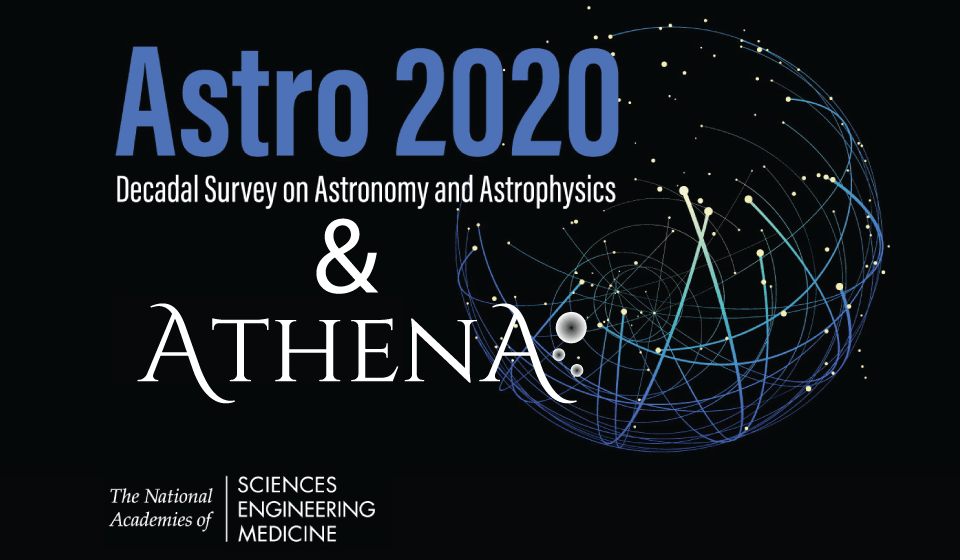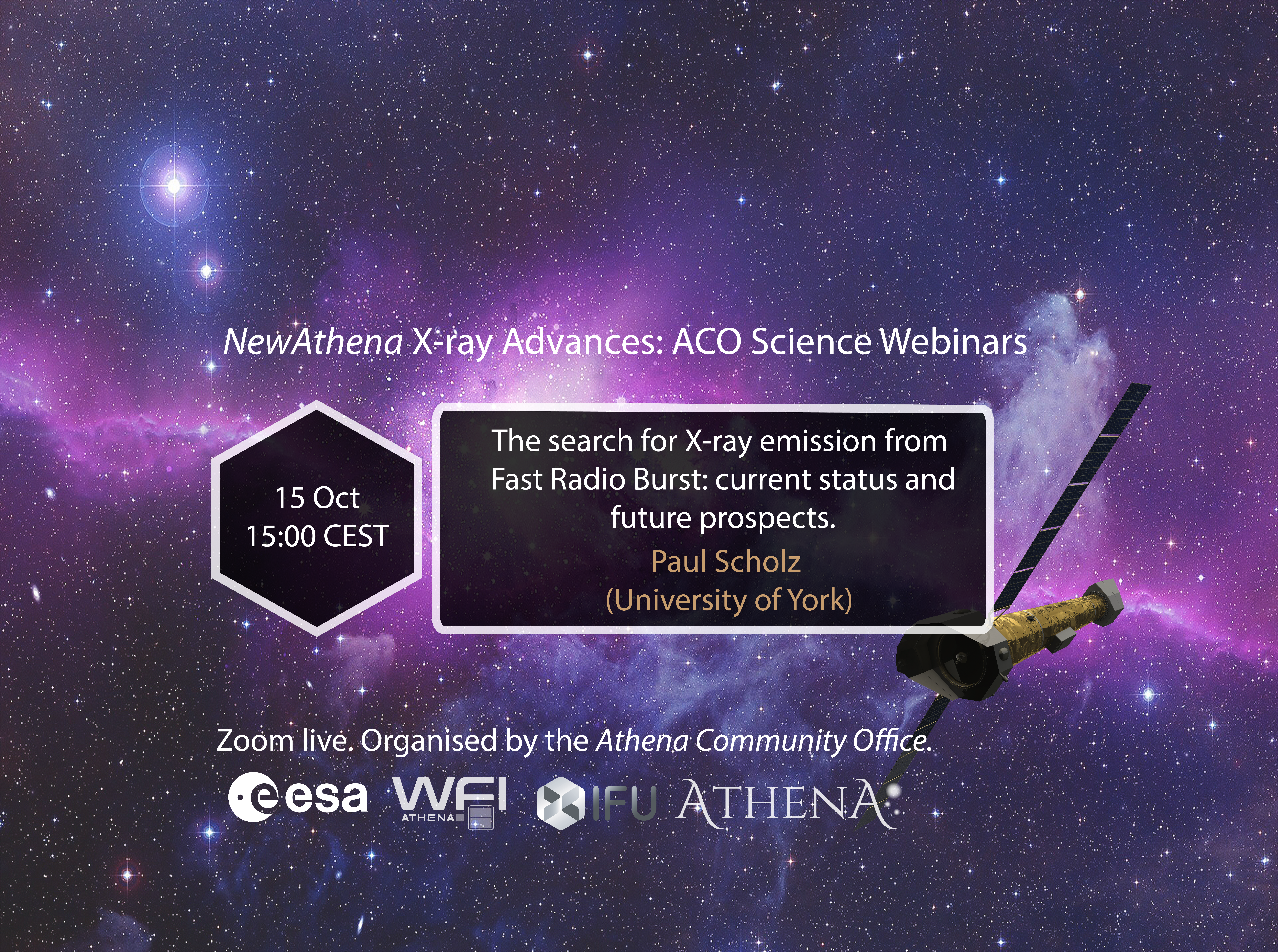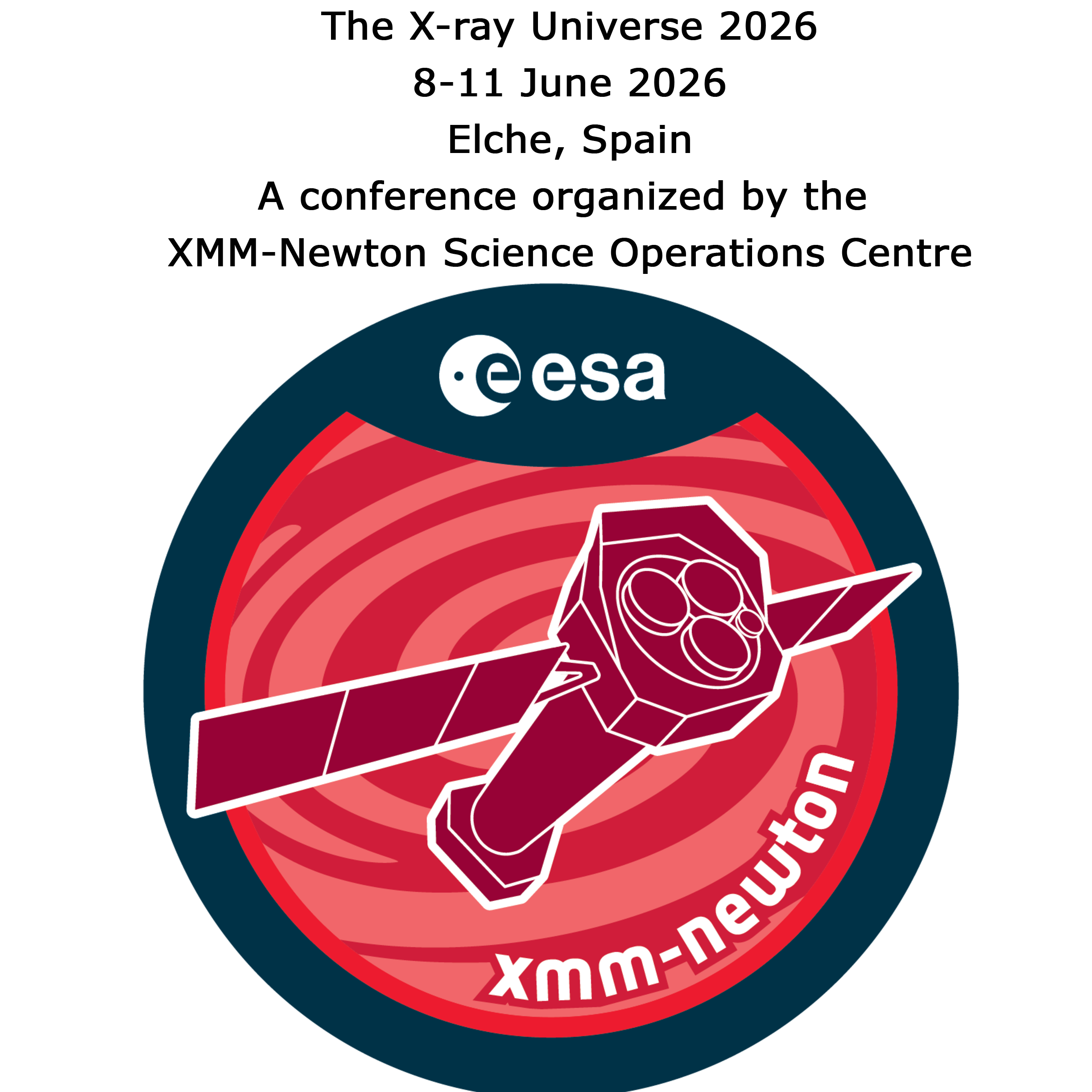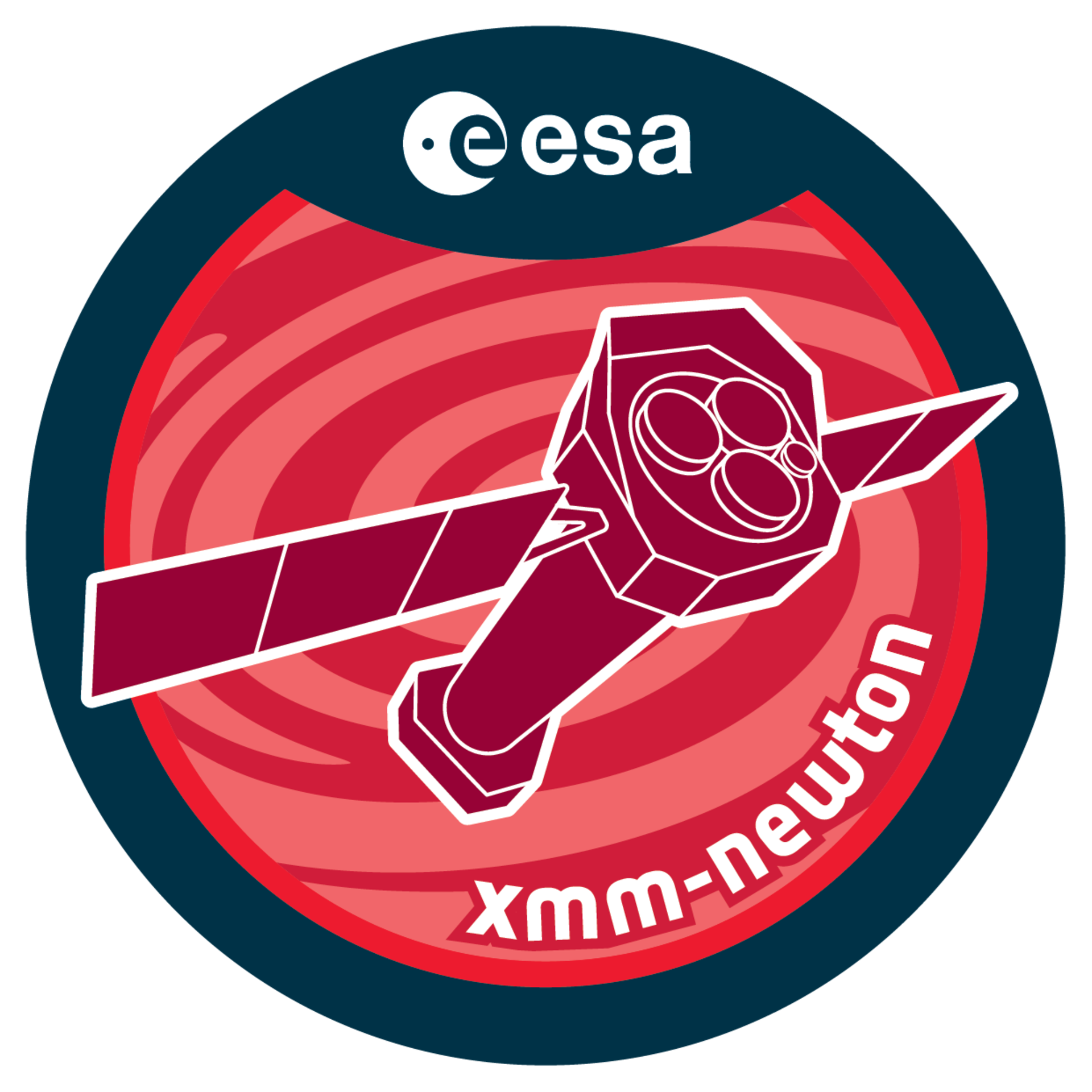
The Athena community has responded to the astronomy and astrophysics 2020 decadal survey

By Esra Bulbul (Center for Astrophysics - Harvard & Smithsonian)
In preparation for the 2020 decadal survey in astronomy and astrophysics, the U.S. National Academies of Sciences, Engineering, and Medicine’s Committee on Astronomy and Astrophysics (CAA) invited the community to submit white papers focusing on how our understanding of the scientific frontiers in astronomy may be advanced in 2020-2030 and beyond (see details in this document). The goal of the Astro2020 survey is to consider past and current research and to provide recommendations for the direction of the field over the next decade.
An adhoc group of Athena affiliated U.S. scientists, including Esra Bulbul (CfA), Panayiotis Tzanavaris (NASA/GSFC), Ann Hornschemeier (NASA/GSFC), Ralph Kraft (CfA), Jon Miller (Univ. of Michigan), Rob Petre (NASA/GSFC), Andy Ptak (NASA/GSFC), and Randall Smith (CfA) identified key science themes that will be covered by a set of 13 white papers to highlight Athena’s capabilities in response to the call from the National Academy of Sciences. Among the highlighted science cases are measurements of hydrodynamics in clusters of galaxies, heating of intergalactic medium, time domain astronomy of neutron star and black hole binaries, physics of accretion of X-ray binaries, supernova remnants, measurements of supermassive black hole spin and reverberation, supermassive outflows and evolution, tidal disruption events, exoplanets, and laboratory astrophysics needs in the era of high resolution spectroscopy with Athena. The list below was coordinated by the ad hoc group mentioned above, however, note there were at least 60 submitted white papers that mentioned Athena. Eventually, all these white papers will be made publicly available.
The 13 coordinated white papers are:
- Probing Macro-Scale Gas Motions and Turbulence in Diffuse Cosmic Plasmas.
- Cooking with X-rays: Can X-ray binaries heat the early Universe?
- Time Domain Studies of Neutron Star and Black Hole Populations: X-ray Identification of Compact Object Types.
- Future X-ray Studies of Supernova Remnants.
- Supermassive Black Hole Spin and Reverberation.
- The physics and astrophysics of X-ray outflows from Active Galactic Nuclei.
- Unlocking the Capabilities of Future High-Resolution X-ray Spectroscopy MissionsThrough Laboratory Astrophysics.
- Do Supermassive Black Hole Winds Impact Galaxy Evolution?
- Cosmic evolution of supermassive black holes: A view into the next two decades.
- X-ray Studies of Exoplanets.
- Accretion in Stellar-Mass Black Holes at High X-ray Spectral Resolution.
- A Unification of the Micro and Macro Physics in the Intracluster Medium of Nearby Clusters.
- Probing the Cosmological Evolution of Super-massive Black Holes using Tidal Disruption Flares.
Latest News











